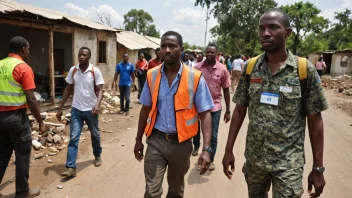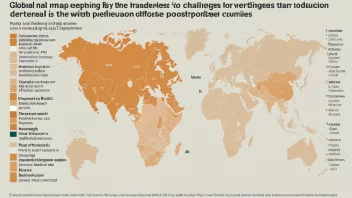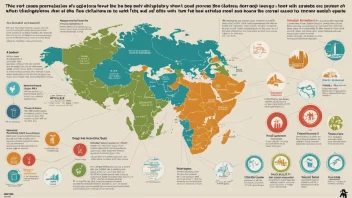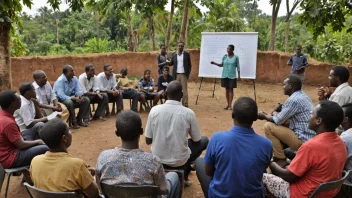challenges
Challenges in humanitarian aid encompass a wide range of issues such as limited funding, political constraints, and logistical hurdles. Understanding these challenges is essential for creating effective solutions that promote positive change.




